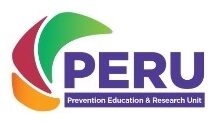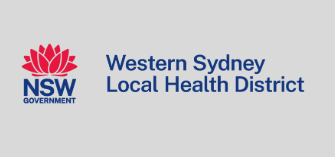SA
L
SA
Research
Research articles demonstrating the results of the “Students As LifeStyle Activists” (SALSA) Program.
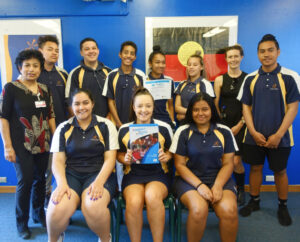
[ARTICLE] Adolescent-led strategies within the home to promote healthy eating and physical activity
Objectives: This study aimed to identify barriers, facilitators and potential intervention strategies for adolescents to use within the home to promote healthy eating and active living.
Conclusion: The strategies suggested by peer leaders in this study add to the limited literature of potential low-intensity interventions which young people can use to enable healthy lifestyle change in their home environment.
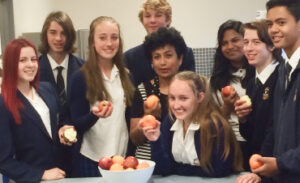
[ARTICLE] Attitudes and perceived barriers toward healthy lifestyle behaviours in Jordanian adolescents: a developing country perspective
Background and aims: There is an urgent need to address the role of healthy diet and behaviors promoting health among school adolescents in order to tailor appropriate interventions in Jordanian schools. This study aims to evaluate the reliability and validity of the Arabic version of Students As LifeStyle Activists (SALSA) survey alongside Jordanian adolescents’ attitudes and perceived barriers to healthy eating and physical activity.
Conclusion: Interventions should be tailored to health attitudes and beliefs of Jordanian school students in parallel with improving physical resources and enhancing peer and/or friend support.
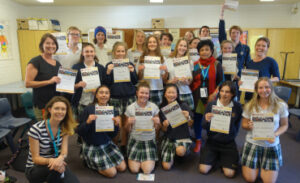
[ARTICLE] Impact and cost of the peer-led Students As LifeStyle Activists programme in high schools
Objective: To determine the impact of a peer-led, school-based programme (Students As LifeStyle Activists; SALSA) on energy balance–related behaviours (EBRBs) in Grade 8 students, and the cost of implementing the programme.
Conclusion: The SALSA peer education programme had a positive impact on most of the dietary EBRBs examined. The cost evaluation showed that it is a relatively low-cost programme to implement.
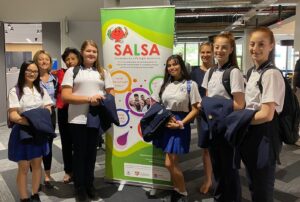
[PDF] Year 10 Students’ Lifestyle Behaviours
This PDF presents the results of our study assessing SALSA Peer Leaders’ baseline indicators of eating habits, physical activity and recreational screen-time. Read the study here.
